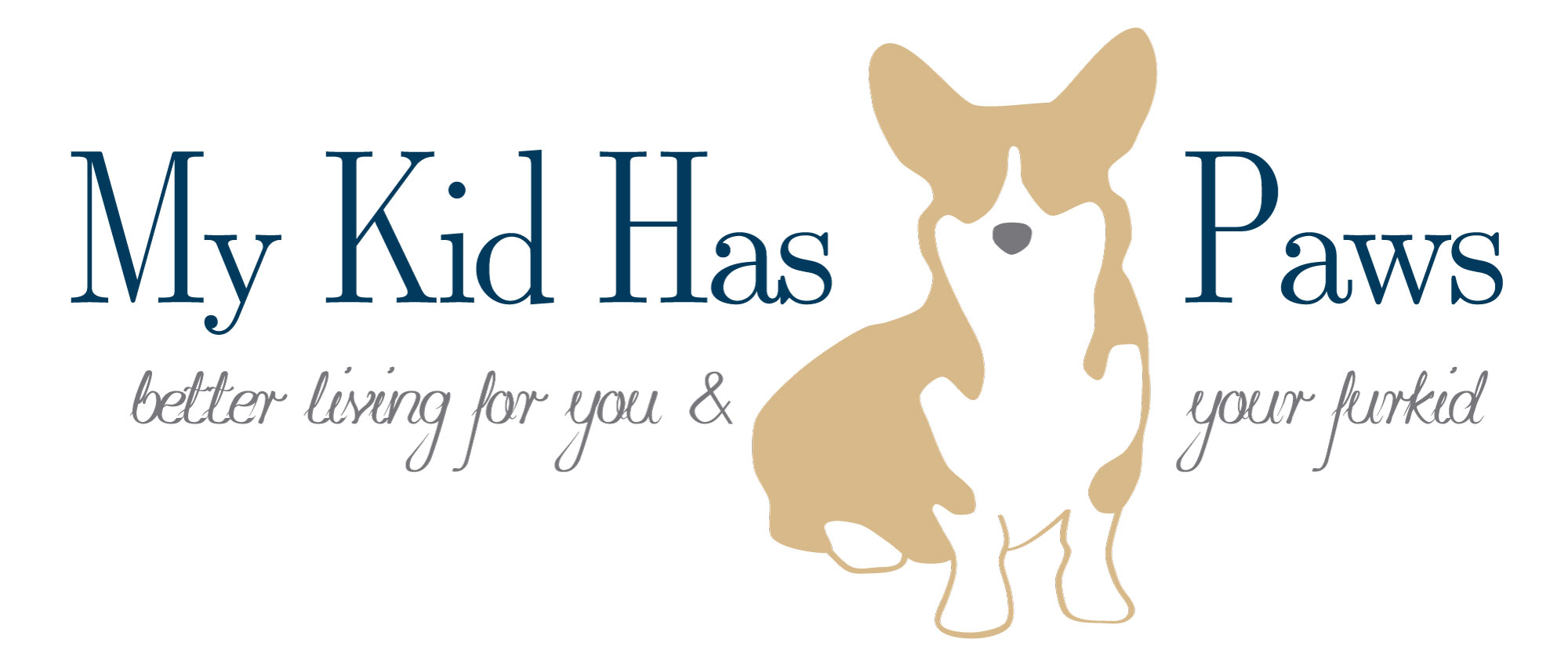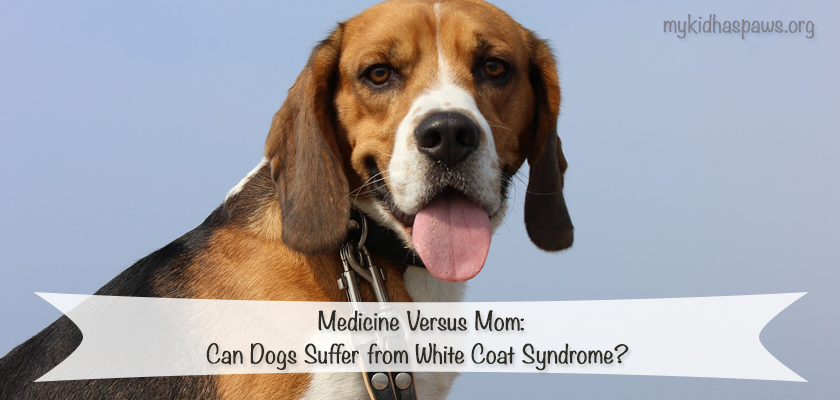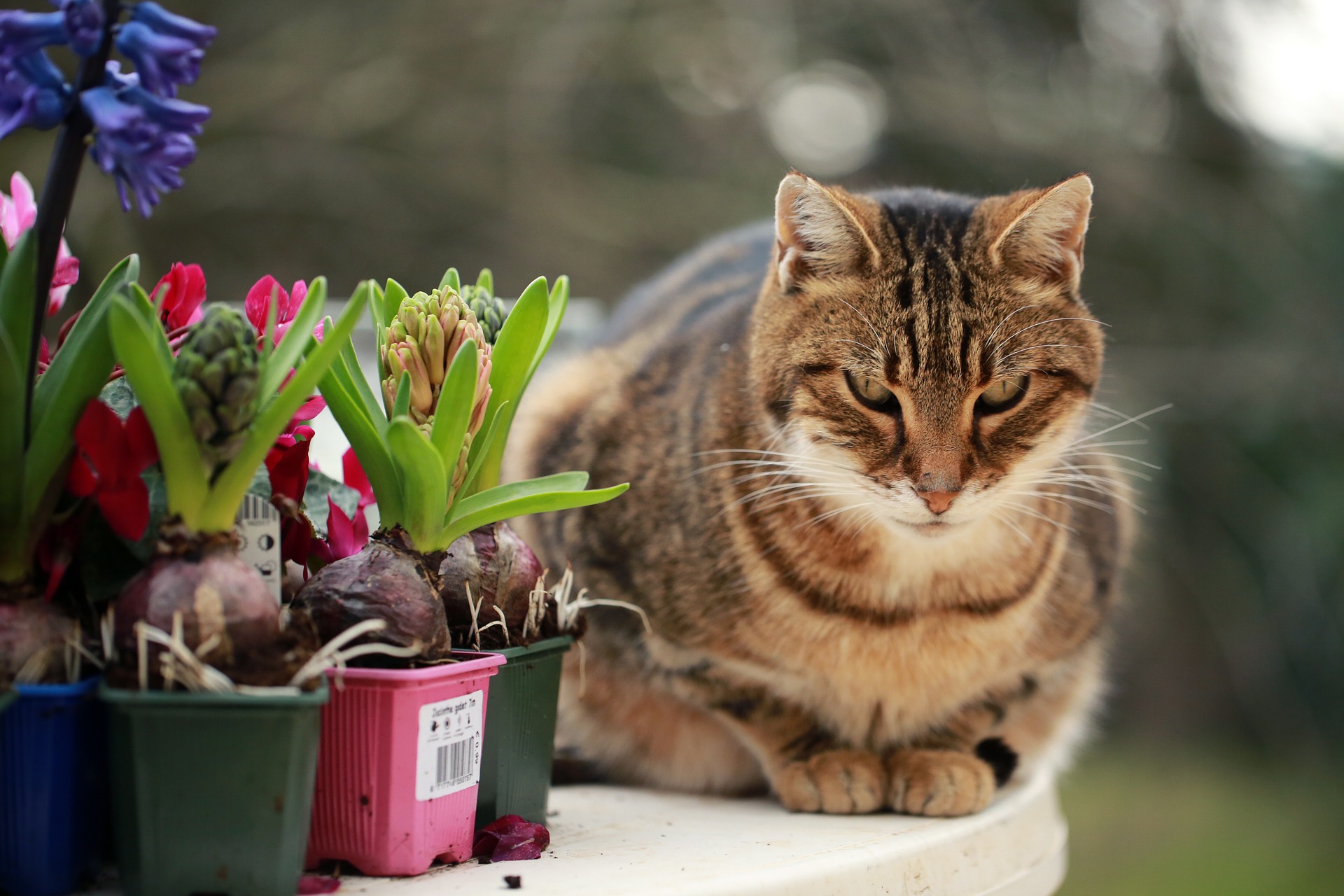Today we will discuss 6 pet poisons you never knew posed a threat to your pet.
Please note: This post is an educational resource for common pet poisons (i.e. not for emergencies). If you believe your pet has ingested something toxic, please visit the Pet Poison Helpline or ASPCA Poison Control site (includes horse toxicity information) for a more comprehensive list, or call them at 855-764-7661 or 888-426-4435 respectively.
Since this month is all about pet poison education, I was so delighted to get a chance to speak with Trupanion’s very own Dr. Denise Petryk, DVM about the most surprising pet poisons that can be found in everyday life!
Dr. Petryk was kind enough to share her 22 years of emergency veterinary experience with us today. So here are some of the most surprisingly harmful poisonous household items and stats provided by Trupanion regarding claims and costs!
Gorilla Glue
In Dr. Petryk’s experience, this type of toxicity was most commonly seen with curious puppies. The danger in the consumption of gorilla glue is that it expands in the stomach. This expansion in the stomach can cause bloating and a major threat to your pet’s digestive system. Therefore, the glue needs to be removed surgically from their stomach.
- Since 2014, Trupanion has paid out $10,400 on gorilla glue toxicity claims.
- There aren’t many, (5 claims since the start of 2014) but these claims are expensive, ranging between $1,300 and $2,300 and usually require surgery.
Vitamins & Supplements for Weight Loss
Sometimes these items contain caffeine which is a toxic element we discussed last week in “Pet Poisons in the Fridge”. Often, signs of caffeine toxicity include neurological issues as well as gastrointestinal upset.
- Since 2014, Trupanion has paid over $12,500 toward caffeine ingestion and toxicity, including claims specifically for “Hydroxycut ingestion”
- These claims vary based on the severity—anywhere from under $50 to over $1,600
Xylitol
We also mentioned this in our “Pet Poisons in the Fridge” post last week. We discussed this toxicity as it relates to candies, gum and mints, but we forgot to include baked goods! These days it is very trendy to bake low-fat baked goods. At times, these have xylitol in them as a sugar replacement. These items are very toxic to your pet and can be fatal.
- Since 2014, we have paid out over $60,000 toward xylitol toxicity claims.
- Xylitol is among Trupanion’s top 5 poison and toxicity claims. That list includes chocolate, rodent poison, raisins and grapes, common drugs (like NSAIDS, Advil) and xylitol.
- Veterinary bills to treat xylitol toxicity average about $580, but costs can range from less than $100 to over $6,000 for more serious cases.
Rising Bread Dough
Rising bread dough was the most surprising toxic item to me. Rising bread dough can cause a problem for pets because the fermenting yeast will expand in their stomach. This type of toxicity can cause gastroenteritis and neurological issues.
- Since 2014, Trupanion has paid out over $4,200 toward dough ingestion.
- Ethanol intoxication is another danger when it comes to ingesting rising dough. These claims range anywhere from less than $50 to over $1,000 depending on the severity.
Potpourri & Essential Oils for Scents
Although Potpourri isn’t as popular these days, both potpourri and essential oils are particularly troublesome for cats. Cats may start to have asthma symptoms as a result of being around these items. Additionally, these items can be very toxic if your pet licks or eats them.
- Since 2014, Trupanion has only had one claim for potpourri ingestion at just over $100
Your Pet’s Medication
It’s difficult to get your pet to take their medication. Therefore, pharmaceutical companies have made an effort to make medications tastier. However, your pet can overdose on their own medication if they decide that their anti-inflammatories taste like treats. I have actually seen this happen with a patient. He ate all of the other dog’s Rimadyl. To avoid liver failure due to toxicity, we had to induce vomiting, and he spent 3 full days in the emergency hospital on IV fluids.
- Whether a pet gets into another dog’s medicine or has too much of their own, the results can be scary. (Rimadyl and Metacam are two commonly used medications to manage pain and treat arthritis).
- Since 2014, Trupanion has paid out over $46,000 on Rimadyl ingestion in pets. These claims range in cost from less than $50 to over $2,000 depending on the severity.
- Trupanion has also paid out over $11,000 on Metacam overdose since the start of 2014. These claims range from less than $50 to over $1,300 depending on the severity.
How Pet Insurance Can Help
Dr. Petryk emphasizes that your pet’s risk of accidents or toxicities is very dependent upon their curiosity. Curious puppies and kittens are always going to get themselves into more trouble than risk-averse puppies and kittens (if there is such a thing).
Trupanion classifies toxicities as accidents which are covered via their pet insurance. The best time to get pet insurance is right when you bring your pet into your home. Why? Because you don’t know how curious they are yet. You don’t know if they are going to eat everything, or jump on everything. Not to mention, insurance is cheaper when you sign your pet up at a younger age, and remains at that price throughout their life. Trupanion has paid over 8,000 in toxicity claims for a total of over $2.9 million since 2013.
In addition to the list of items above, Trupanion provided me with the below list of items that they have covered and pose a risk to your pets:
- Household cleaning products: Soaps, bleach, detergents, specialized cleaners and even sponges can harm a pet by irritating the skin or eyes, as well as damaging and blocking the gastrointestinal system.
- Plants: Tulips, Daffodils, Foxglove and Azaleas are all plants that can cause symptoms such as vomiting, drooling and even kidney damage when ingested by pets. Lilies are especially toxic to cats – and popular around Easter time— and can cause kidney problems while the Sago Palm plant causes health problems such as vomiting, diarrhea and liver failure in dogs.
- Fertilizers: The nitrogen, phosphorus, potassium, iron, zinc and herbicides that supplement plant growth can cause severe symptoms in pets, such as difficulty breathing, vomiting, diarrhea and intestinal blockage.
- Yard Tools: Rakes, shrub shears and even shovels can be deadly for curious pets if they’re not stored properly.
- Pest control substances: Rodenticides and other poisons such as slug bait are toxic to all animals, so owners should take special care to keep their pet away.
You can read more about toxins in the yard and toxic plants in our post:
Are You Planting Pet Poisons in Your Yard?
To hear from another Trupanion client, please check out this video about Indy’s sudden health scare.
I want to thank Dr. Petryk for sharing her expertise and time with us! I would also like to thank Trupanion for sharing their statistics and for helping save animal lives!
What on this list surprised you the most?
Disclaimer: I do not financially benefit from promoting Trupanion. I simply love their product and believe pet insurance is a great investment for all pet parents.




Kismet
March 29, 2016 at 1:04 pmThere’s also 2-4-D, a herbicide used in weed control. Nasty stuff. Make your own – look it up and the main ingredients are vinegar and salt.
Kismet recently posted…Easter Egg Hunt
Shirley Dilbeck
March 29, 2016 at 3:56 pmI have seen shampoo, organic, made especially for cats, that have essential oils in it. Surely some of them are not so toxic to cats, since they make shampoo with them in it, and swear by them. I hope I have not bought something toxic for my cat, for I have ordered this shampoo with essential oils in it, but also aloe and oatmeal, and coconut oil. Maybe with all the other ingredients it won’t be much essential oils in it.
CEO Olivia
March 30, 2016 at 7:53 amGreat post Rachel!
Bread, I was surprised to see it on the list. Rising yeast on any stomach sounds nasty & I’d eat just about anything edible if my huMom let me!
CEO Olivia
CEO Olivia recently posted…Happy Birthday Angel Ruger!
M. K. Clinton
March 30, 2016 at 3:36 pmI keep checking for pet insurance. It’s such a big decision. Thanks for this info. I didn’t know about the dough.
M. K. Clinton recently posted…Safety Tips for Dogs in Boats
Josh
April 5, 2017 at 7:02 amHi Rachel. Love your post on pet poisons!
Personally I think the likelihood of pets getting poisoned by human edible foods (xylitol, vitamins and rising bread dough) is higher than non-food products like gorilla glue. It is because pet owners think what they can eat means what their pets can eat as well.
Josh